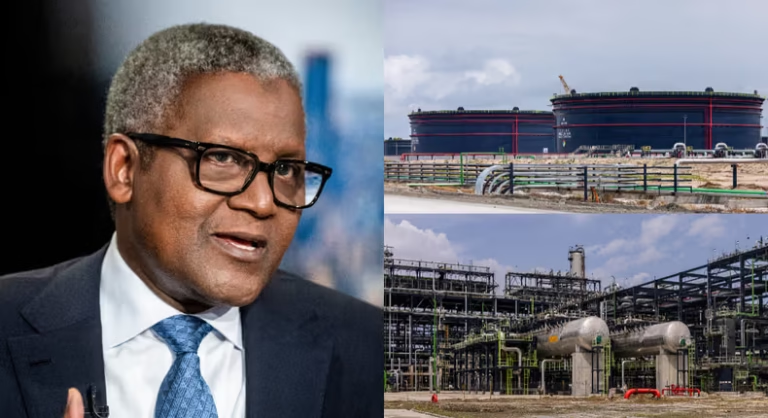
According to recent announcements made during the International Monetary Fund/World Bank Spring Meetings in Washington D.C., the IMF has provided insights into Nigeria’s economic trajectory, anticipating a notable reduction in inflation rates.
Daniel Leigh, the Division Chief of the IMF Research Department, highlighted the impact of Nigeria’s economic reforms, particularly exchange rate adjustments, which have contributed to a surge in inflation, reaching 33.2 percent in March.
The IMF predicts a downward trend in inflation, with expectations for it to decrease to 23 percent next year and further to 18 percent in 2026. This projection contrasts with the previous anticipation of a single-digit (15.5 percent) inflation rate for 2025, as forecasted last year.
Leigh also shed light on Nigeria’s economic growth prospects, forecasting a rise from 2.9 percent last year to 3.3 percent this year. Factors contributing to this expansion include the recovery in the oil sector, enhanced security measures, and advancements in agriculture facilitated by favorable weather conditions and the introduction of dry season farming.
Furthermore, Leigh highlighted the growth witnessed in Nigeria’s financial and IT sectors, signaling a broader-based expansion in the economy.
However, he acknowledged the challenges posed by inflation, attributing its increase to the effects of reforms, exchange rate adjustments, and subsequent impacts on imported goods. The IMF revised its inflation projection for the current year to 26 percent, with expectations that tight monetary policies and significant interest rate adjustments during February and March will help rein in inflationary pressures.
Pierre Olivier Gourinchas, an official of the IMF Research Department, discussed global economic trends, noting the rise in oil prices due to geopolitical tensions and persistently high services inflation in many countries.
Regarding Nigeria’s inflation target, Gourinchas emphasized the importance of prioritizing measures to bring inflation back within the six to nine percent target range. He cautioned against the risks posed by geo-economic fragmentation to global growth and stressed the need for prudent monetary policy adjustments.
Gourinchas underscored the significance of maintaining improvements in monetary, fiscal, and financial policy frameworks, particularly for emerging market economies, to uphold a resilient global financial system and prevent a lasting resurgence in inflation.








